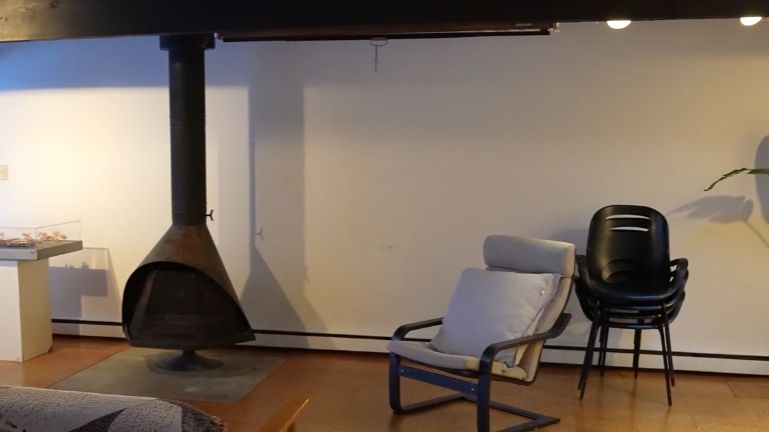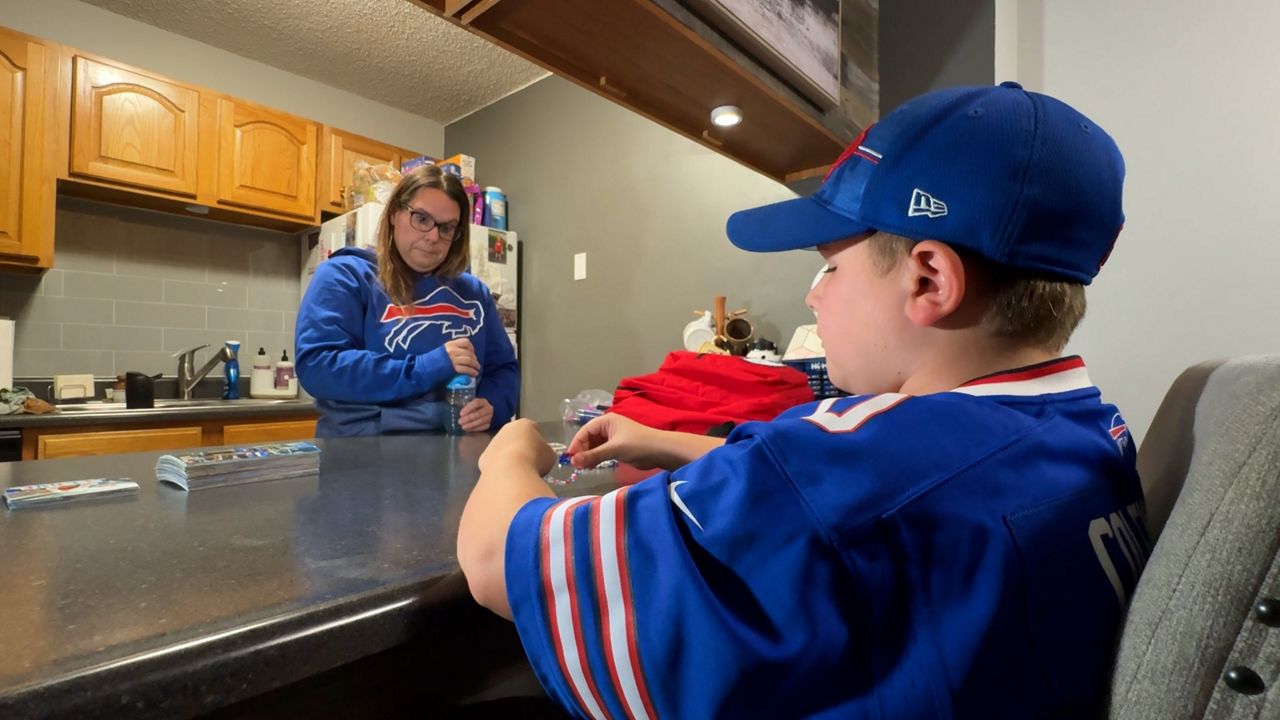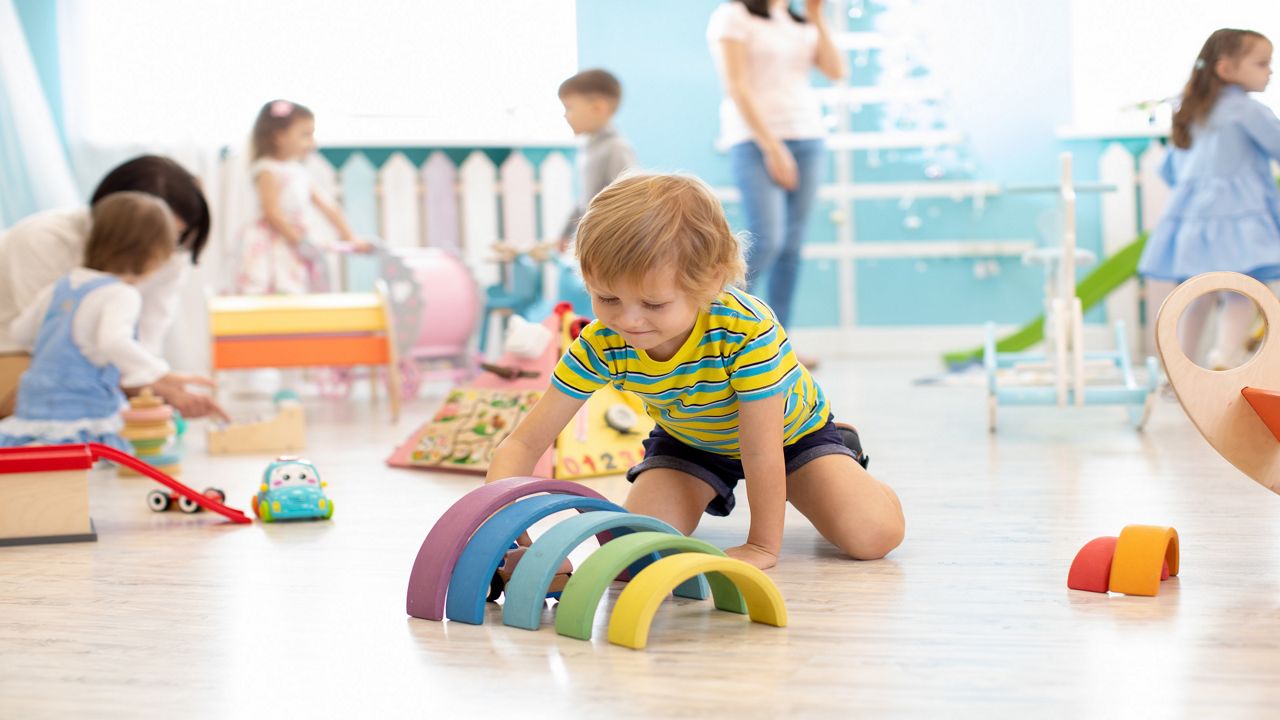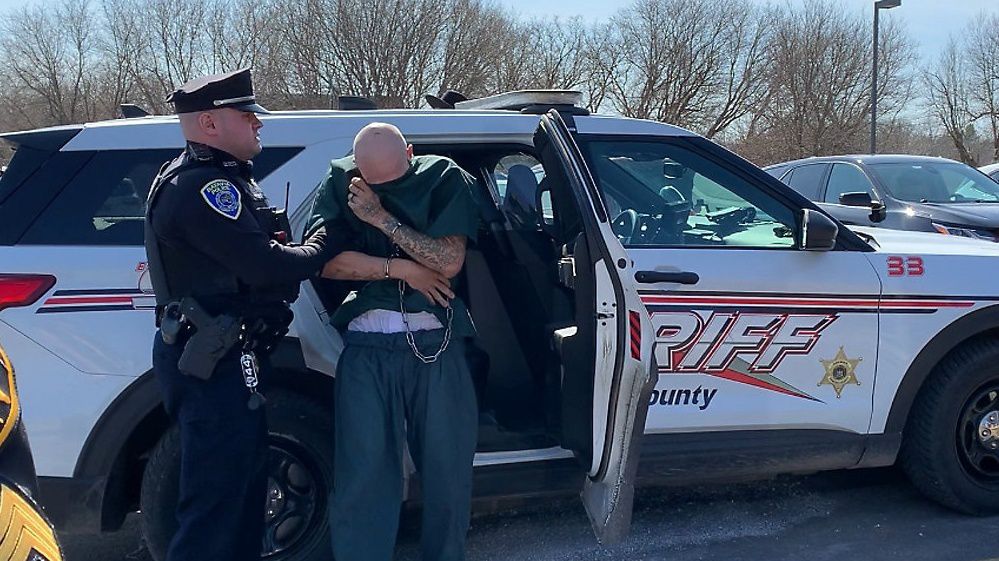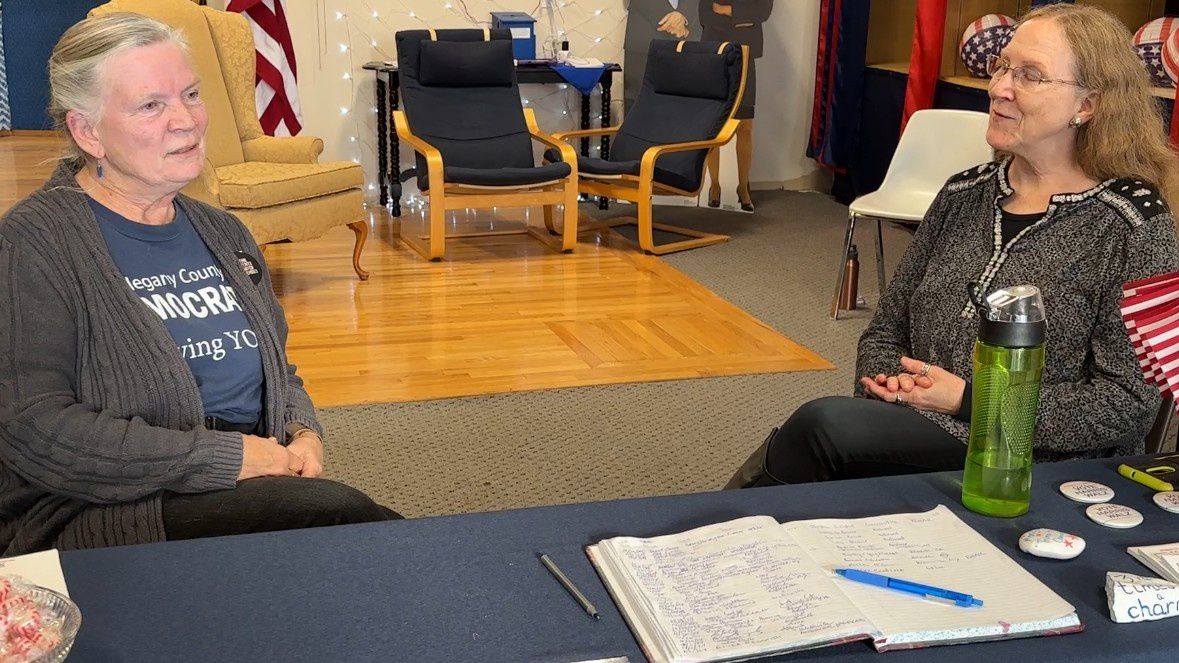Every year, there are about 11,500 new cervical cancer cases in the U.S. and about 4,000 people die of this cancer, according to the Centers for Disease Control and Prevention. Testing is key.
It's something Narseary Harris didn't have a lot of time for as a busy mom with two kids who had sickle cell disease. Having faith got her through the tough days.
When a few friends were diagnosed with cancer, she got tested. It came back positive.
“It was a time of great prayer,” said Harris. "It was frightening and it was also challenging. [It's] something that I certainly not ever anticipated for my life.”
She realized the importance of getting screened regularly.
“When you get on the airplane, [...] they always tell you to put your mask on first," she said. "Getting that diagnosis made me think more about that, you know, I better start putting my mask on first if I want to be around to take care of my kids and do all the other things that we do.”
Pap smears typically start at age 21 and go through 65.
“Getting a pap smear involves doing a pelvic exam, using a speculum exam, putting someone in a stirrup," said Dr. Emese Zsiros, chair of gynecologic oncology at Roswell Park Comprehensive Cancer Center. "It comes with some discomfort.”
For those who have experienced trauma, have certain religious or cultural beliefs, or just feel uncomfortable or anxious, it’s a reason to not get tested.
"Not getting regular pelvic exam could lead to undetected pre-cancer cells and can lead to cervical cancer down the road,” Zsiros said.
That’s why Zsiros has high hopes for a new test approved by the FDA in May. It allows for self-collection in any health care setting.
“We can easily put that on mobile units," Zsiros said. "This could be readily available in urgent care units, where patients may show up for other reasons.”
That's something that could make a big difference.
“Cervical cancer is one of the preventable cancers that exists out there,” Zsiros said.
Harris was able to come out of her experience cancer-free.
“I had a great, I think, a great outcome. I had friends, several, who did not have the same outcome,” Harris said.
As she continues to push people to get tested, she’s optimistic about this new option.
“It's available, but is it affordable? Is it accessible? So those are some things that, you know, I'm hoping that will happen quickly,” Harris said.
Because who knows who it could save.
“Especially when, you know, your life is so hectic, if you had that opportunity, I think, and that option available, I think they would have used that,” said Harris.
Self-collection tests have rolled out in other countries successfully.
Experts say expanding it to places like Africa, where there are many more cervical cancer cases, could make the biggest difference.
Down the line, there might even be an option for fully at-home testing options.








